The Haida Bluestone and Premium Brass UV Filters
By Arkadiusz Palasinski
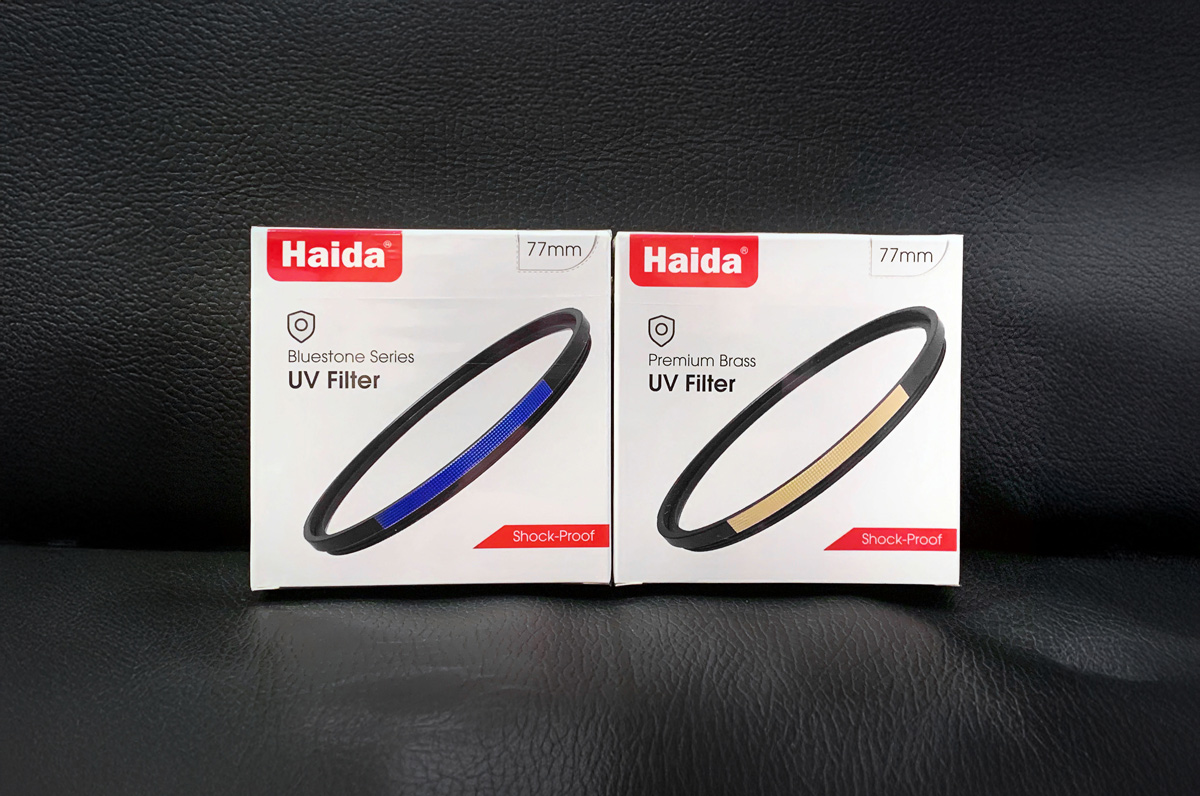
Purpose of the Review
In collaboration with filter manufacturer – Haida, I was given the opportunity to review their latest UV filters. This review aims to provide valuable insights for photographers who use lenses with significant value and are considering whether UV filters are a worthwhile addition to their gear.
Overview of UV Filters
UV filters are designed to reduce ultraviolet light entering the lens, which was particularly beneficial in the days of film photography. While modern digital sensors are less affected by UV light, these filters remain relevant as a practical tool for lens protection. They help prevent scratches, dust, and smudges on the front element of your lens, making them a popular choice among photographers for both functionality and peace of mind.
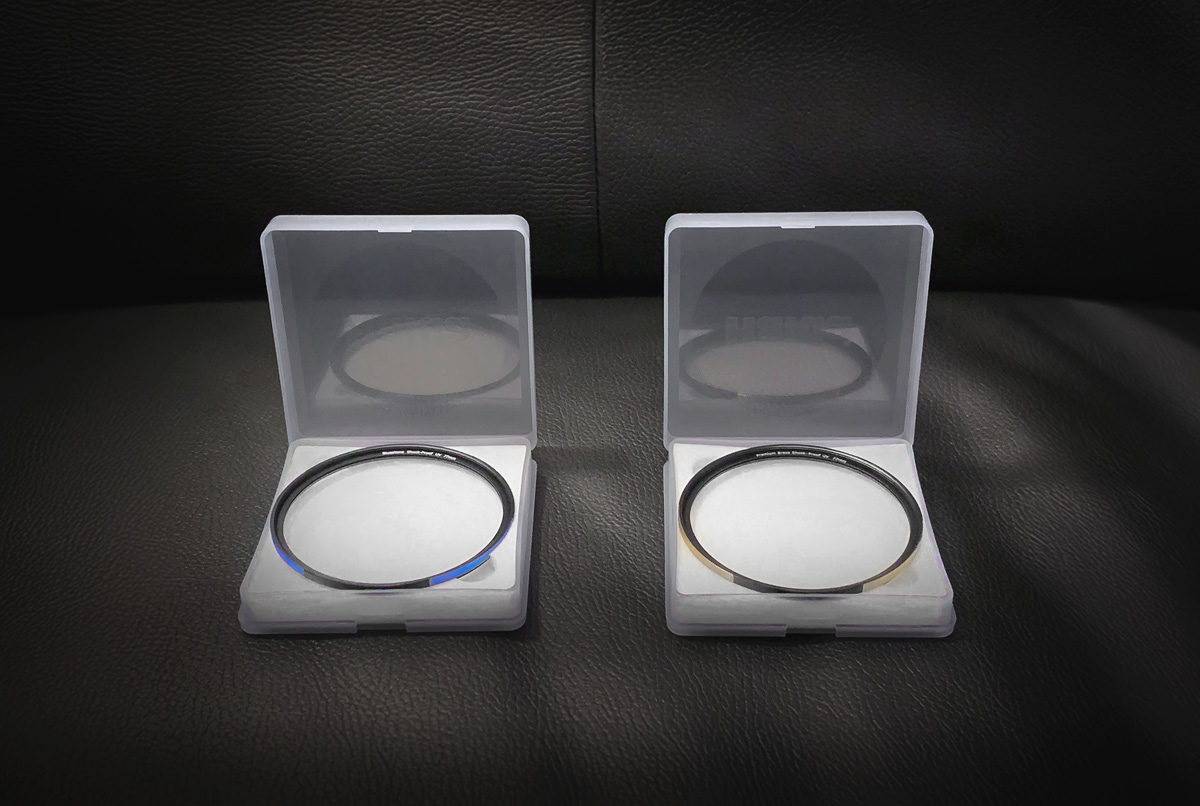
UV Light
Understanding UV Light
Ultraviolet (UV) light is a type of electromagnetic radiation with wavelengths shorter than visible light, ranging from 10 to 400 nanometers. It is most prominent on sunny days and at high altitudes, as the atmosphere absorbs less UV radiation under these conditions. UV light scatters strongly in the atmosphere, far more than visible light, which can impact photographic results. While modern digital sensors are less sensitive to UV rays, understanding their behavior is essential for appreciating the historical and protective role of UV filters.
UV Filters in Traditional and Digital Photography
In traditional photography, UV filters were essential for improving image quality by blocking ultraviolet light, which could cause haze and reduce sharpness, especially in high-altitude or sunny environments. They absorbed UV radiation, enhancing contrast and clarity without affecting exposure or color. In digital photography, the need for UV filters has diminished due to the natural UV-blocking properties of glass lenses and additional filters in digital sensors. However, they still serve as excellent protection for the front lens element, shielding it from scratches, dirt, and environmental factors, albeit with minimal impact on modern image quality.
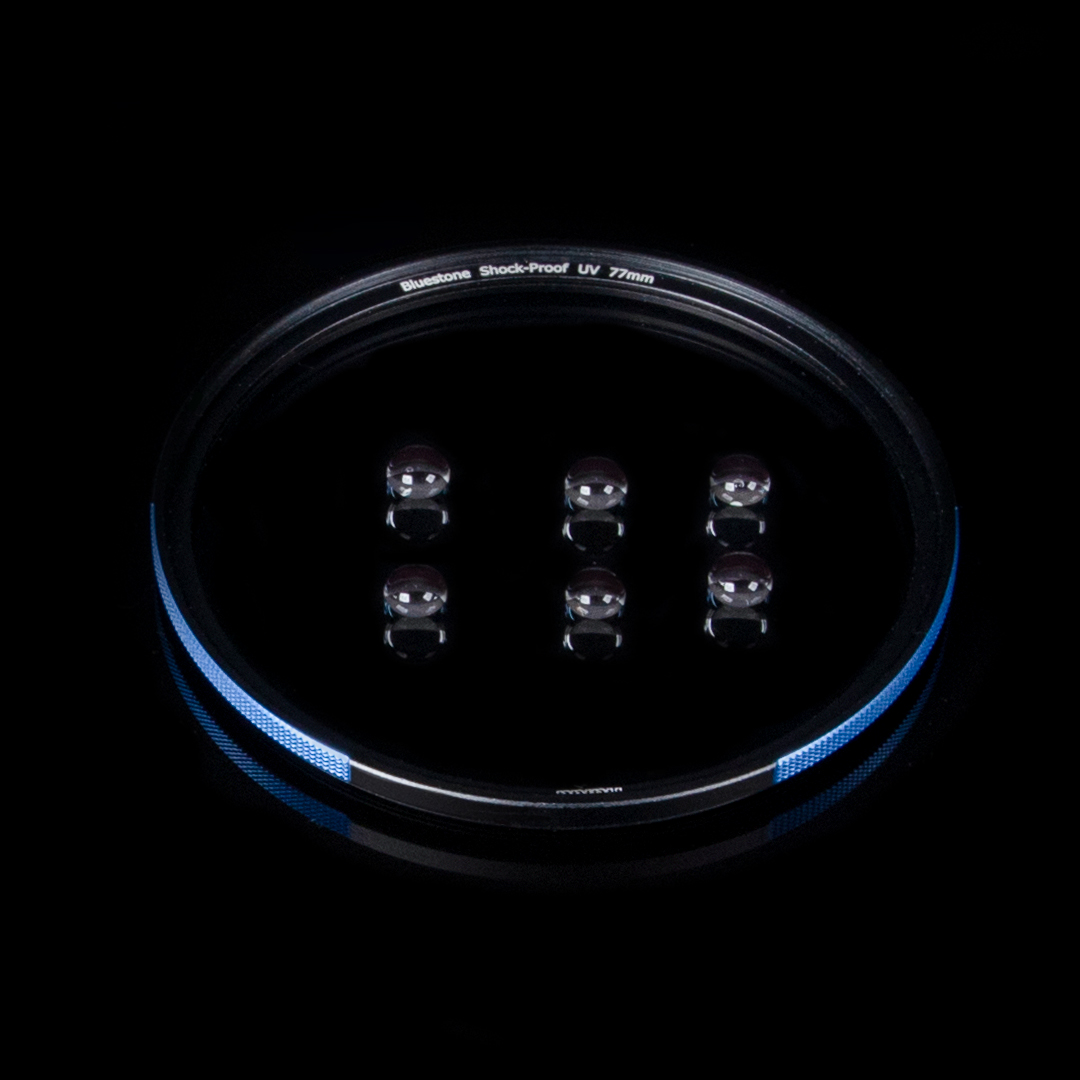
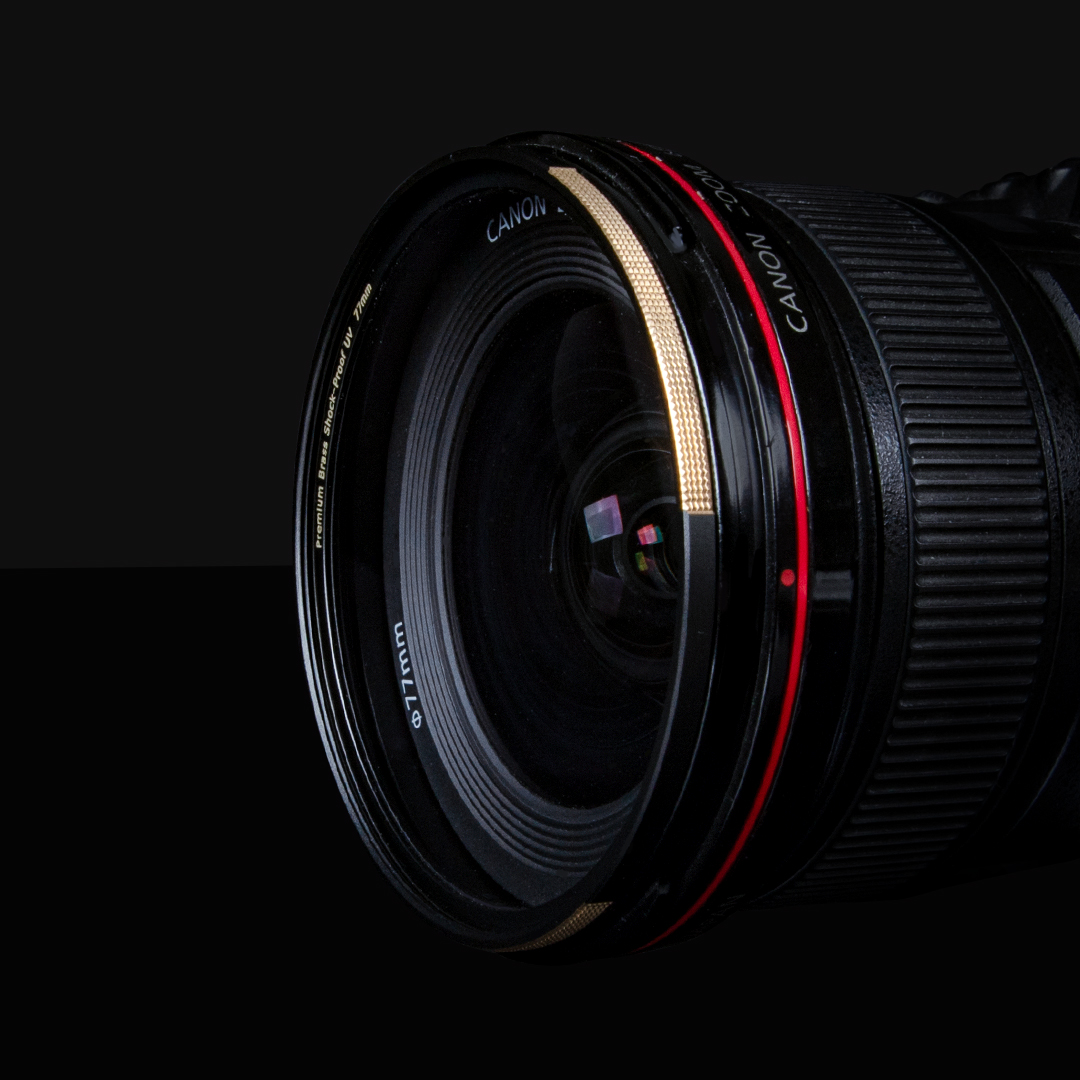
Key Features
Build Quality
The Haida Bluestone and Premium Brass UV filters share several design features that highlight their focus on durability and functionality. Both filters are constructed with Schott B270 optical glass, ensuring high-quality clarity and performance. They feature ultra-thin 3.1 mm frames with a smooth, glossy finish and precisely crafted threads for easy attachment and removal.
The Bluestone is made from aviation-grade aluminum, while the Premium Brass uses durable brass, offering different materials suited to various preferences. Available in sizes ranging from 52 mm to 95 mm, these filters cater to a wide range of lenses. Additionally, while both filters provide multi-layer coatings to optimize light transmission, the Bluestone boasts 24 layers per side with 99.4% transmission, while the Premium Brass features 18 layers per side with a slightly higher 99.8% transmission.
The material used for filter rings can have a significant impact. Brass filter rings tend to offer better durability and are less likely to bind to lenses or other filters compared to aluminum rings. If you need to frequently switch filters or work in varying temperature conditions, brass rings provide greater ease of use.
Personally, I prefer them for their reliability and am willing to invest a bit more for their quality. For those seeking maximum light transmission and reliable coatings, Premium Brass filters are a solid choice.
Optical Performance
I tested the filters on the Canon EOS 5D Mark IV full frame camera with an Canon EF 17-40mm f/4L USM lens at 17mm focal length. Thanks to their ultra-thin 3.1 mm aluminum frames, issues like vignetting were not observed during testing. It’s no problem using these filters, at least up to a field of view resembling 17mm on a full frame camera.
This design minimizes interference with the lens’s field of view, ensuring crisp and uniform image quality without additional distortions or unwanted light artifacts.
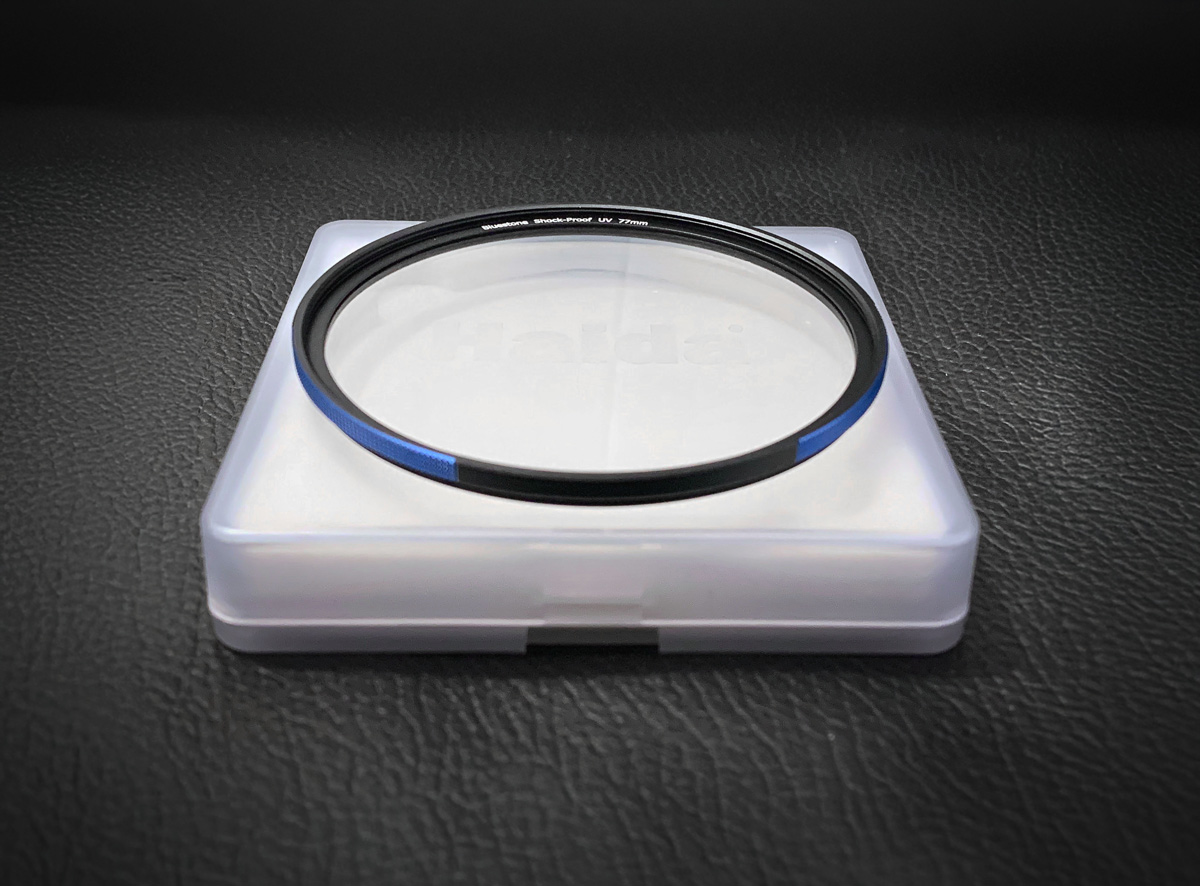
Lens Protection
Importance of UV Filters for Lens Protection
Protecting your lenses is crucial to maintaining their longevity and image quality. One of the most effective ways to safeguard your lens is by using a UV filter. UV filters act as a barrier against dust, scratches, and other potential hazards that could damage the front element of the lens. Without proper protection, lenses are more susceptible to dirt, moisture, and accidental impacts, which can lead to costly repairs or reduced optical performance.
One time, while photographing on a windy day, I had my tripod set up to capture a scenic landscape. As I leaned down to grab something from my backpack, a sudden gust of wind hit the tripod, causing it to collapse. Unfortunately my expensive polarizer took the brunt of the impact and was damaged. The lens itself escaped unharmed, but the polarizer, which was unprotected, had multiple cracks and scratches, making it unusable. This incident taught me the importance of using protection from unexpected mishaps.
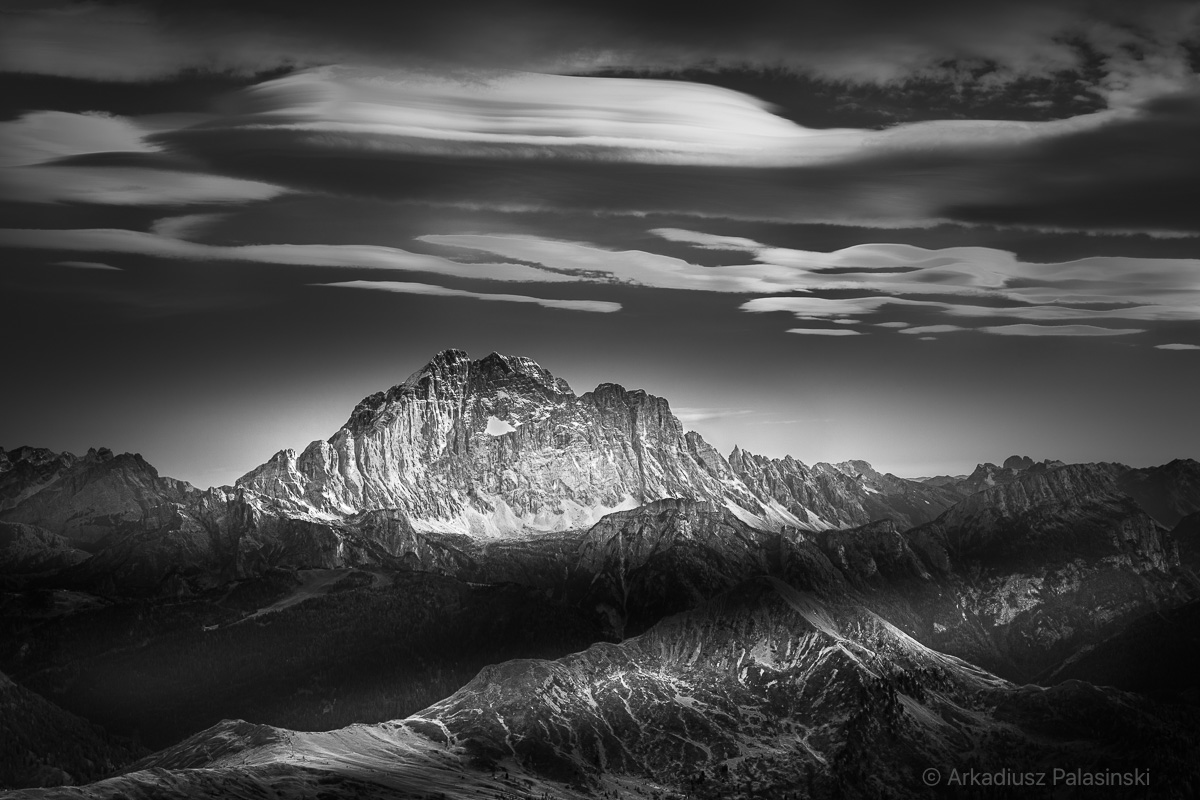
Summary
In summary, UV filters are essential for protecting lenses from scratches, dust, and accidental damage. After testing a Haida UV filter, I found its reasonable quality and price to be a great combination.
I appreciated its easy cleaning, good light transmission, and sufficient flare resistance, making it a reliable choice for safeguarding my lens while maintaining high image quality.
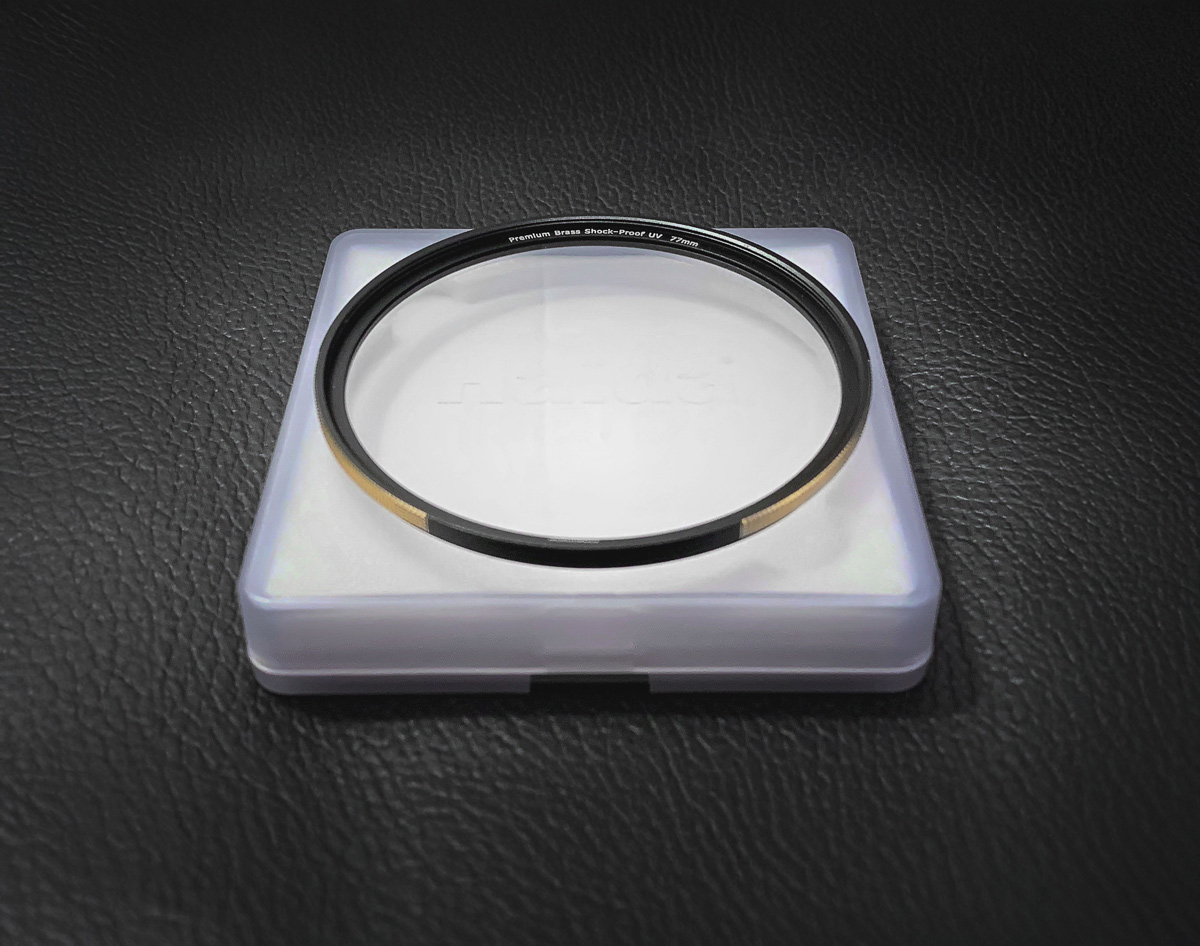
About Arkadiusz Palasinski
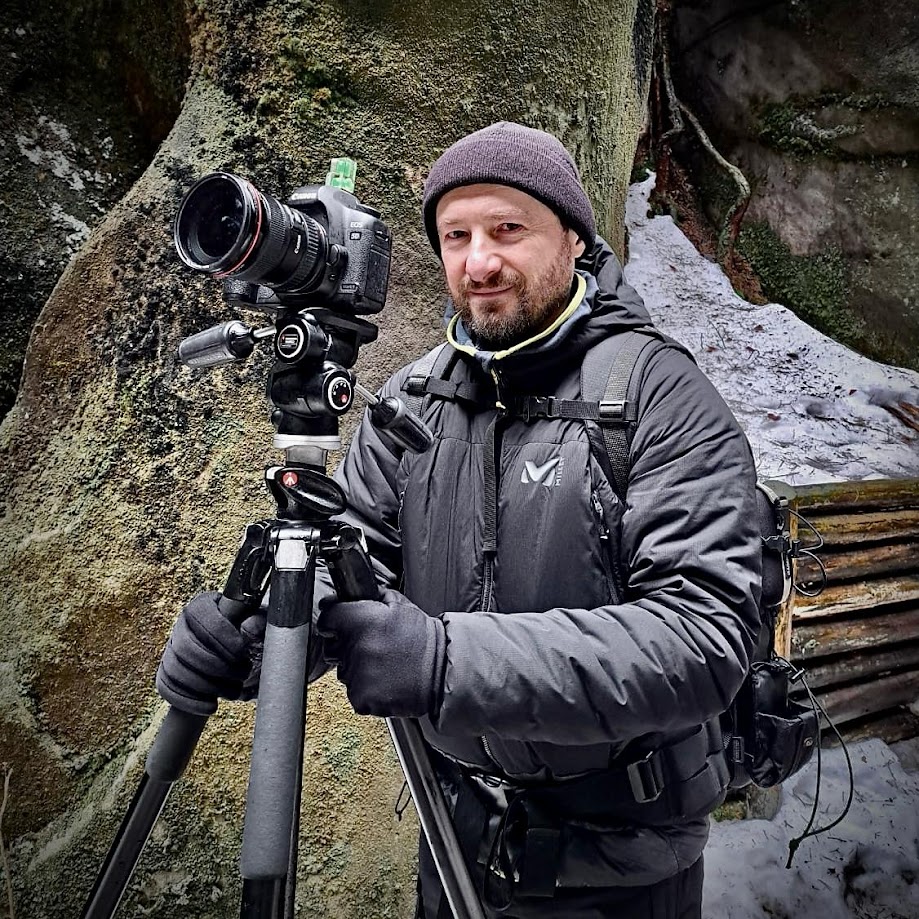
Arkadiusz Palasinski is a photographer based in Poland. His artistic projects are in Black & White. He presents his work at exhibitions and online galleries. He is also a photography trainer – expert in Adobe Lightroom, landscape and travel photography.
For More Information
Website: https://palasinski.pl/
Facebook: https://www.facebook.com/ArkadiuszPalasinski
Instagram: https://www.instagram.com/arkadiusz.palasinski/
Related News
- Haida Bluestone and Premium Brass UV Filters Review
- Haida Picture Appreciation | February 2026
- Haida NanoPro Magnetic Filter Kit for Digital Camera
- Haida Picture Appreciation | January 2026
- Haida V2 Anti-Fog Belt
- Haida Picture Appreciation | December 2025
